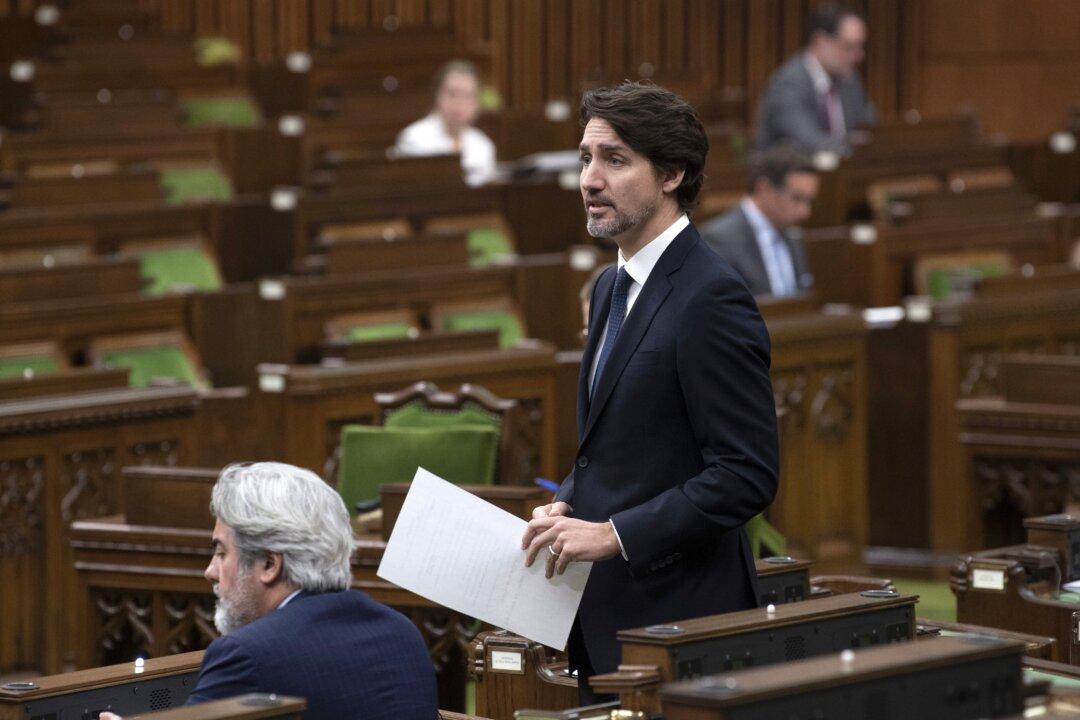Canada’s Parliament has resumed regular sittings, though not the way the Conservatives would prefer. MPs will gather in person each Wednesday and hold virtual meetings on Tuesdays and Thursdays.
The Liberal motion to meet in person only on Wednesdays passed by a 22-15 vote on April 20. The contrary Conservative proposal to meet in person all three days was voted down by the same margin.





